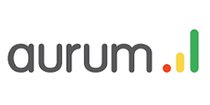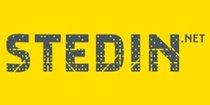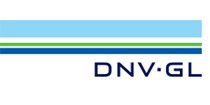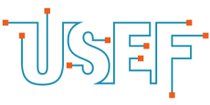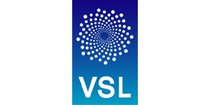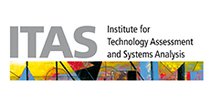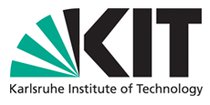The City of Amsterdam is a frontrunner in testing smart energy systems in the Netherlands. Policies with a focus on integrating renewable energy with data centers and initiatives like Amsterdam TRANSFORM or City-Zen are examples that prove the City’s commitment. They stand in the context of research and other smart energy pilot projects in the City of Amsterdam.
Together, smart grid systems enable the transition to more sustainable solutions at large - they facilitate the growth of deployment of various renewable energies and technologies. From a human standpoint, key stakeholders and end users have raised serious ethical concerns. They have legitimate question about affordability, privacy, reliability, security and use. The Dutch Organization for Scientific Research (NWO) funded a 4-year project to address these concerns and thereby preempt conflicts during implementation. It is urgent to address these ethical, moral and societal values and not just focus on designing grid technologies.
The research aims to yield recommendations on how to best design smart energy systems to make them ethically, morally, and societally acceptable. The goal is to identify factors that positively impact the acceptance and adoption of these solutions by key stakeholders and end users. What innovative organizational models of smart energy systems best match the larger goal of creating a systems solution? Early 2020, when the project concludes, there will be more answers to these questions.
Partners


